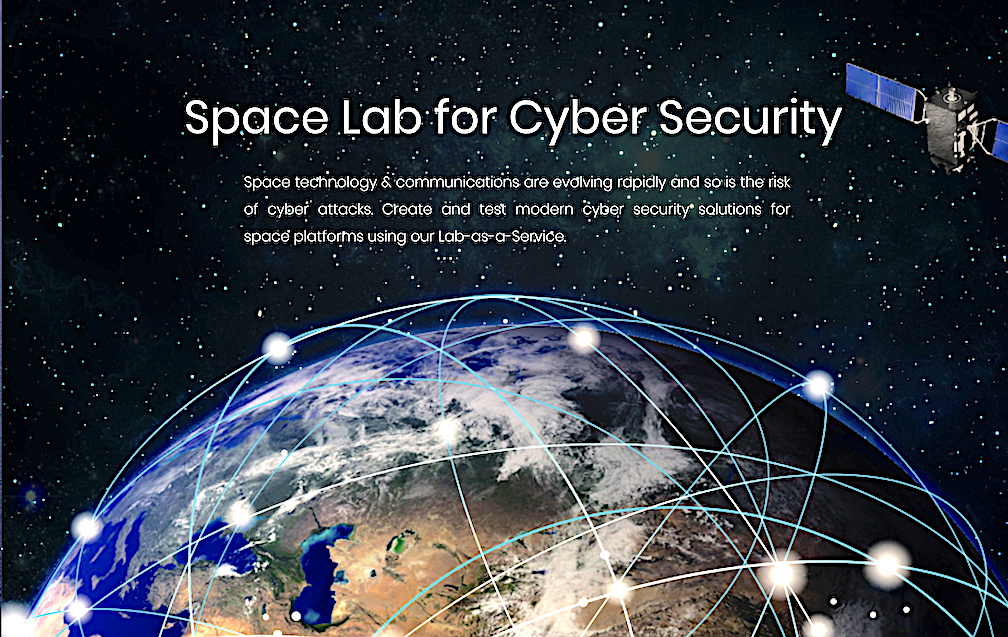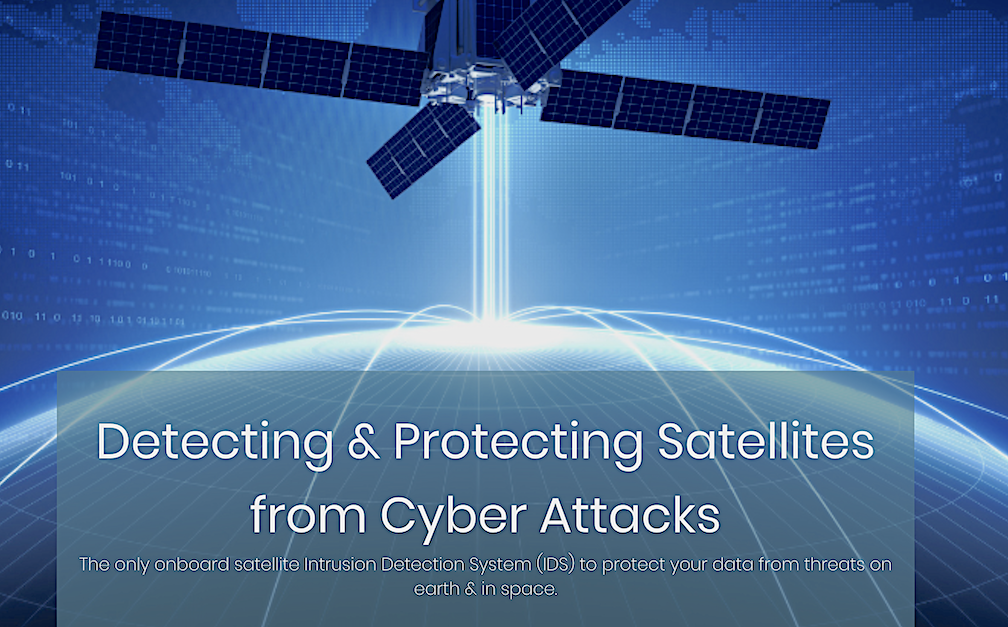

Dominant Information Solutions Canada (DISC) Inc. is a Canadian cyber security company known for advising on many of the nation’s highest-profile cyber breaches. Funded by the Canadian Department of National Defence’s IDeAs program, DISC is proud to announce that it has achieved a significant milestone by reaching Technology Readiness Level 6 (TRL 6) for eClypse, its onboard satellite Intrusion Detection System (IDS).
After years of development and testing on multiple flat sats in their Space Lab, DISC is excited to form more strategic partnerships enabling eClypse to be tested in space. With interest increasing overseas, DISC is now planning its expansion to Europe.

There are many state-of-the-art cyber security systems available to protect satellites from an attack, but as in the past, hackers always seem to be one step ahead of the latest encryption codes or firewalls. Too often, the most secure satellites get hacked with massive financial and security implications, like the attack on Viasat at the start of Russia’s invasion of Ukraine.
“Satellite operators should be able to answer the question of ‘Is my satellite compromised’, although most cannot. This gap in onboard cyber security monitoring and detection was DISC’s rationale for developing eClypse, to follow security by design principles enabling satellites to reach a Zero Trust security standard. When a satellite’s existing security is defeated, eClypse is the missing onboard satellite intrusion detection tool to alert ground station operators of a hack that could easily go unnoticed. This knowledge then informs what actions are needed to quickly remove the threat and restore the operation of the satellite, minimizing the impact (cost) on the operator.” said Nicholas Scheurkogel, CEO of Dominant Information Solutions Canada (DISC) Inc.

As the company achieves reaching TRL 6 for eClypse, it anticipates forging strategic partnerships that will propel it toward achieving TRL levels 7 and above. Collaborative efforts will enable the realization of eClypse’s full potential, cementing its position as a critical technology within the area of satellite cyber security.
